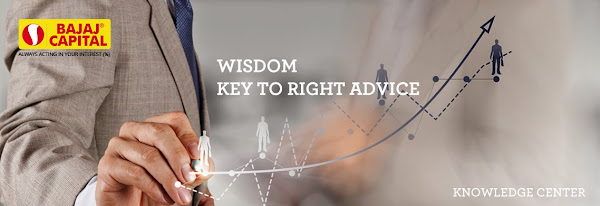My Mutual Fund investment always helped me in making money and improving my livelihood. Mutual Fund Investments always comes along with market risks but its liquidity factor never caused me huge losses. But as the sole meaning of an Investment is to create wealth by investing for long term, the Mutual Fund investors always have fear of losing their money due to unstable equity market.
Recently I was introduced to Bajaj Capital’s Systematic Investment Plan for Mutual Funds Investments which not only facilitates the investor by creating wealth by the power of compounding and the averaging factor for the long future but also created a habitual form of investment for me where the money is automatically debited from my bank account monthly (options are of weekly and quarterly as well). And the advantage of Rupee Cost Average and the Compounding power the accumulated money over the time is used in buying more units which due to market volatility creates money for me. Bajaj’s SIP Return Calculator which helps in determining the value of the investment over a period of time on an expected rate of return.
To rely on Bajaj Capital for my SIP Investment because of their varied SIP options and their decades of experience ensured me of creating and saving fortune for me and my family’s future and has helped many of the non-regular investors as well because of the liberties of entering and exiting from the equity market during the investment and creating a negligible chance of loss to them.
Recently I was introduced to Bajaj Capital’s Systematic Investment Plan for Mutual Funds Investments which not only facilitates the investor by creating wealth by the power of compounding and the averaging factor for the long future but also created a habitual form of investment for me where the money is automatically debited from my bank account monthly (options are of weekly and quarterly as well). And the advantage of Rupee Cost Average and the Compounding power the accumulated money over the time is used in buying more units which due to market volatility creates money for me. Bajaj’s SIP Return Calculator which helps in determining the value of the investment over a period of time on an expected rate of return.
To rely on Bajaj Capital for my SIP Investment because of their varied SIP options and their decades of experience ensured me of creating and saving fortune for me and my family’s future and has helped many of the non-regular investors as well because of the liberties of entering and exiting from the equity market during the investment and creating a negligible chance of loss to them.
